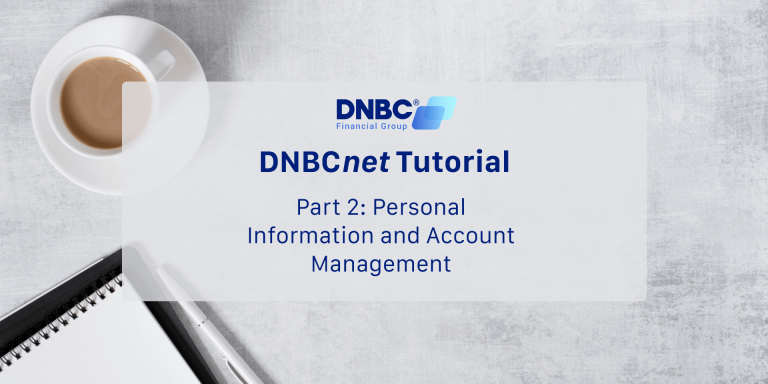When it comes to transferring money between bank accounts, two common methods that are often compared are wire transfer vs ACH transfer. Both methods have their own benefits and drawbacks, so it’s important to understand the differences between them to make the best choice for your specific demand.
Now it’s time to see the differences between wire transfer vs ACH transfer, and discuss which option may be better for you.
What is an ACH payment vs wire transfer?
You may have heard of two options: wire transfer vs ACH transfer. But what are the differences between them? Here is your answer!
An ACH payment, also known as an ACH (Automated Clearing House) transfer, is an electronic payment made between two bank accounts in the United States. This type of transfer is processed through the Automated Clearing House, which is a network that facilitates electronic payments between banks.
ACH payments are typically used for recurring payments such as direct deposit of paychecks, monthly utility bills, and mortgage payments.
On the other hand, a wire transfer is a type of electronic funds transfer that is used to send money between banks or financial institutions across the world.
Wire transfers are generally faster than ACH transfers, but they are also more expensive. Wire transfers are commonly used for one-time payments or urgent transfers, such as paying for an international purchase or sending money to a family member in another country.
What is an ACH payment vs wire transfer?
Which is better: wire transfer or ACH?
The answer to this question depends on your specific needs and circumstances. Both wire transfers and ACH payments have their own advantages and disadvantages.
Both are ways of transferring funds between different financial institutions, but they have some key differences in terms of speed, cost, security and convenience. We will compare and contrast these two methods and help you decide which one is better for your needs.
Wire transfer
A wire transfer is a direct and fast way of sending money from one bank account to another. It usually takes a few hours or less to complete, depending on the time of day and the availability of the recipient’s bank. Wire transfers are often used for large or urgent payments, such as buying a house or sending money abroad.
The main advantage of wire transfers is that they are very secure and reliable. The sender and the recipient need to provide their account details and identification information, and the transaction is verified by both banks before it is processed. There is no risk of the money being lost or delayed in transit, and the recipient can access the funds as soon as they arrive.
The main disadvantage of wire transfers is that they are expensive. Both the sender and the recipient may have to pay fees to their respective banks for initiating or receiving a wire transfer.
These fees can vary depending on the amount, the destination and the currency of the transaction, but they can range from $15 to $50 or more per transfer.
Additionally, if the transaction involves a foreign currency exchange, there may be additional costs due to unfavorable exchange rates or conversion fees.
ACH
ACH is a system that processes large batches of electronic transactions in a network of banks and other financial institutions.
It usually takes one to three business days to complete, depending on the type of transaction and the time of submission. ACH is often used for regular or recurring payments, such as payroll, bills, rent or subscriptions.
The main advantage of ACH is that it is cheap or free. Most banks do not charge any fees for sending or receiving ACH transactions, or they charge very low fees compared to wire transfers. This makes ACH a cost-effective way of transferring money for small or medium-sized amounts.
The main disadvantage of ACH is that it is slower and less secure than wire transfers. ACH transactions are not processed individually, but in batches at certain times of the day. This means that there may be delays in sending or receiving the money, especially if the transaction is submitted on a weekend or a holiday.
Moreover, ACH transactions are not verified by both banks before being processed. This means that there may be errors or frauds in the transaction, such as incorrect account numbers, insufficient funds or unauthorized debits. If this happens, it may take longer to resolve the issue and recover the money.
Basically, Wire transfer vs ACH transfer are two different methods of transferring money electronically. Each one has its own pros and cons depending on your needs and preferences.
Wire transfer is faster and more secure, but also more expensive. ACH is cheaper or free, but also slower and less secure.
Therefore, you should consider factors such as the amount, the urgency, the frequency and the destination of your transaction before choosing which method to use.
Read more:
DNBC Financial Group is your trusted provider in international money transfer
- Get 100% free 1-on-1 support
- 100% free account opening
- Seamless onboarding process
Or please contact DNBC
Email: [email protected]
Phone Number:
- +65 6572 8885 (Office)
- +1 604 227 7007 (Hotline Canada)
- +65 8442 3474 (WhatsApp)



 DNBC Team
DNBC Team







